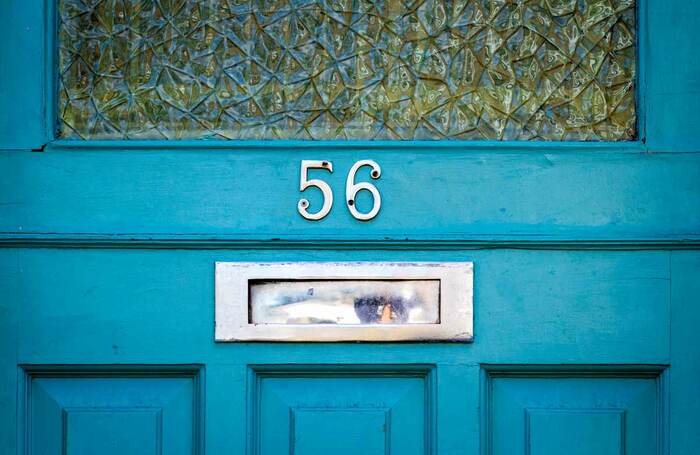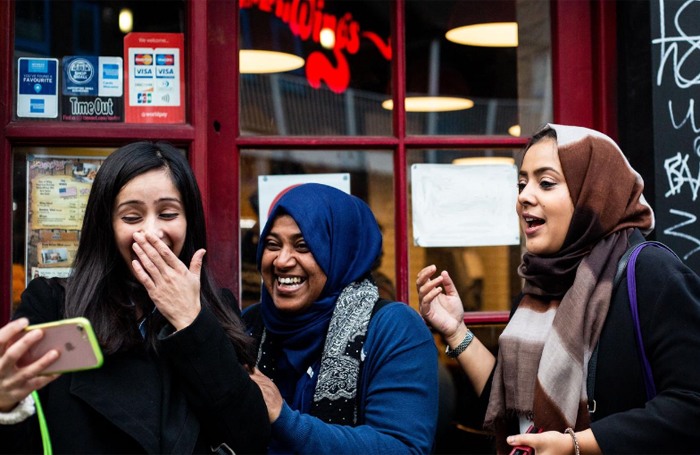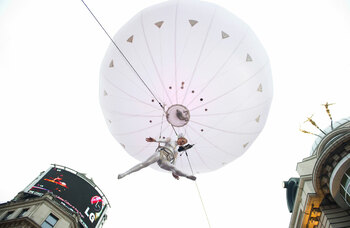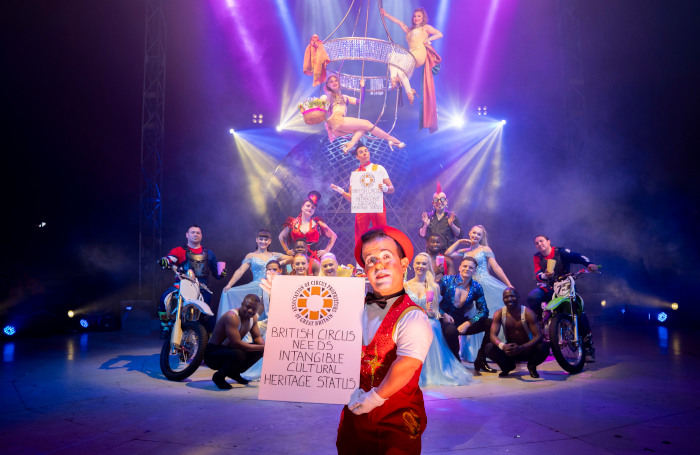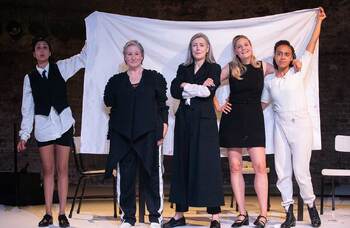In theatre’s hunt for new platforms, going digital isn’t the only option
Over the last 10 days, a series of postcards have been dropping through my letterbox. For a moment, I thought these apparently hand-written postcards, sent by people I don’t know, must have been delivered to the wrong address, but I quickly realised they were part of a postcard drama called Love from Cleethorpes created by the rural touring company New Perspectives.
Over several days, you start to piece together a love story spanning more than 30 years and more than one continent. The strangers writing to each other become as familiar as the characters in any play – you get caught up in their drama, you start rooting for them and want to know if their story has a happy ending.
Like much of New Perspectives’ work, there is something quiet and gentle yet layered about this self-effacing piece, and it marks a rather interesting development in theatre’s current quest to find new platforms, methods of distribution and ways of engaging with audiences. What these experiments also potentially embrace are different audiences, people who might not think that theatre is for them or ever consider buying a ticket for a live performance.
Some, inevitably, will wonder whether a postcard drama that arrives via your letter box is really theatre at all. But, as I’ve said before and will never tire of saying, theatre is a constantly evolving art form. Questioning whether something is or isn’t theatre only leads to more gate-keeping – something the industry has quite enough of already – and less organic evolution.
Theatre is a very different beast to what it was when I was growing up in the 1960s and 1970s, and it is substantially different again than it was just two decades ago. I have been to shows with no actors, only a playing audience, to pieces that are immersive one-on-one experiences, to shows that walk audiences up and down mountains and to productions where you suddenly realise you are the performance.
The far more interesting question is always to imagine what it is that theatre can and might be, and I wonder whether at some point in the future we will look back on 2020 as the year when many artists and companies – who had been jogging along quite happily for years, repeating what they felt quite comfortable with – embraced change. Being forced to rethink, and in the process reimagine, what theatre can be could deliver huge, creative, long-term benefits and reach new audiences in the process.
While the mainstream spends sleepless nights worrying about how it can reopen theatres both safely and in a way that is financially viable, small independent companies have been exploring different possibilities, trying to remake and secure their own – and theatre’s – future. In the process, they have been providing opportunities for freelancers to make and be paid. It’s crucial because many cannot wait months before theatres fully reopen.
Over the last few months, it has been interesting to watch how theatre navigates what, in many cases, is largely new territory: digital space. What began as a free-for-all, with organisations throwing anything they could online, has started to develop into something more interesting, as theatres and companies grapple with questions around the creative possibilities and also how to monetise them, so that artists and organisations have income. It is early days, and everything is still up for grabs.
But as Love from Cleethorpes demonstrates, there are plenty of other ways to deliver theatre that don’t involve digital options or, if they do, go far beyond the traditional theatre script, whether that’s pieces delivered directly into people’s homes via telephone, often a landline, or shows that involve mobile phones, such as Tamasha
and Coney’s immersive theatre adventure in Brick Lane and its environs, We Are Shadows.
Undoubtedly, some of the most interesting work I’ve seen during lockdown has been by Coney, including Telephone and The Delegation. Have these shows entirely worked? Of course not, because what theatre show is ever 100% perfect? But they have brimmed with possibility and inventiveness, and they have pushed at the boundaries of what theatre can and might be.
Those who cling to the idea that eventually theatre can return to some kind of normal are in danger of finding themselves left behind
For all the undoubted pain of this year, and the appalling impact on individual lives and livelihoods, this also represents a moment when theatre can and should reinvent itself for the 21st century. Of course, that doesn’t mean that revivals of Shakespeare or Sophocles won’t eventually have their place in a new world. There is a reason why this work survives and can be reinvented afresh for each generation.
But the pandemic has sped up the need for theatre to engage with different forms and methods of distribution. Those who cling to the idea that eventually theatre can return to some kind of normal are in danger of finding themselves left behind, as other theatremakers embrace ways of telling new stories in new ways and redefine what theatre can be. Sometimes, the most exciting change emerges from the most difficult of times.
Opinion
Recommended for you
Advice
Recommended for you
Most Read
Across The Stage this weekYour subscription helps ensure our journalism can continue
Invest in The Stage today with a subscription starting at just £7.99
 Lyn Gardner
Lyn Gardner